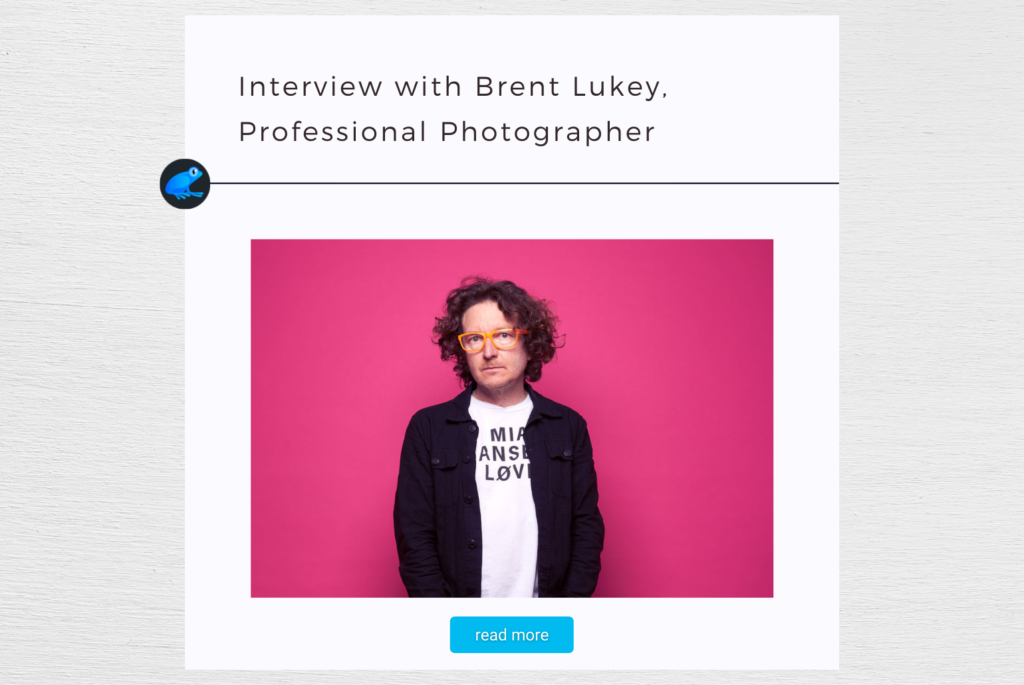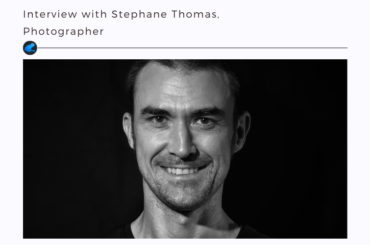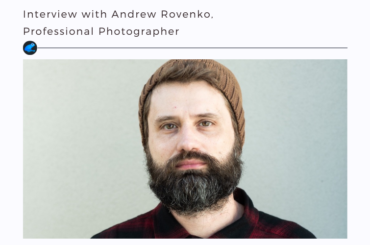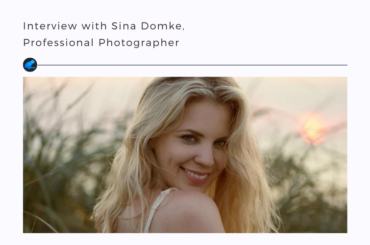We are happy to announce we are starting a series of interviews with photographers from all around the world, to learn more about them as artists and to inspire you on your creative journey!
Our first talk was with Brent Lukey, a professional photographer based in Melbourne/Naarm, who finds photography has the impressive power to evoke that special kind of magic people and places have in them.
We sat down with him virtually and picked his brain about his career, his passion for photography, his rules, and if he had some tips for beginner photographers.
Brent’s passion for photography is interestingly intertwined with his interest in anthropology. He started studying cinema, but while in film school, he was increasingly drawn to people, culture and the stories they told. This led to his double degree in Anthropology and Cinema Studies.
I feel strongly that a deep curiosity in the world around us, combined with a sensitivity to others, to feeling, an empathy even, is what makes an artist, it’s more than technique; the difference between a good photo (of which there are an overwhelming number shot and shared everyday) and a truly great photo is in the sensitivity of the photographer – the visual elements have to combine in such a way to evoke an emotional response, an intrigue – not simply a clever silhouette or play of light, that is an exercise, not a moment of transcendence.
Great photographs have a magic about them, not only style.
His interest in the way culture is expressed in photography and film continued to grow. Looking back, at the evolution of his career, he says there are some artists who influenced him through their interest in humanity: photographers William Eggleston, Harry Gruyaert, Gordon Parks, Guy Bourdin, Polly Penrose, Richard Learoyd; and filmmakers Eric Rohmer, Wong Kar Wai, Mia Hansen Love, David Lynch, Luca Guadagnino and Paolo Sorrentino, plus many others.
Now, he defines his style as documentary street photography that emphasizes his subjective view of the world. Anthropology still plays its part, without making his work purely observational.
As a photographer, my interest in humanity revolves around the way we interact with each other in the public space, the persona we display in the street, the way we dress, or move about, our eyelines and interactions with the surroundings; the people, the cars, the buildings.
He feels he found his photographic voice. This is also one of the most important lessons he’s learned, not to copy others and to find a way to express his own vision and creativity. Once this happened, he achieved important milestones in his career: he was published in books, featured on a magazine cover, and began working with clients who understood his unique style and gave him the liberty to shoot in that style.
He managed to make a living as a photographer, on his own terms, and all of these combined is what success looks like for him. And although he’s now an experienced artist with an impressive portfolio, it is interesting to see that he is still fascinated by the power of photography:
Sometimes I’m amazed that at the start of the day there are ideas, then at the end of the day there are photographs. Where did they come from? I’ll always wonder.
But what happens when inspiration is lacking? How can one stay creative over time? Brent likes to take his inspo from photography books and more recently, from female photographers: Women are redefining the photographic image, it’s a very exciting time. But I look at older work and new works – the past is just as important as the present; learn from it.
He stresses the importance of going and looking at art and creative resources on your own. Paintings, sculptures, drawings, dance, theatre and live music have a greater impact when one experiences them directly.
Moving towards a more technical part of our interview, we wanted to learn from Brent some tips, tricks, and rules that could inspire other photographers as well.
The first rule he emphasized deals with something we still have to overcome as a society: the fear of making mistakes. Once this is left behind, photographers can focus on light, composition, and how a camera works. What also helps is looking at the history of photography and painting and learning from rules of thirds, contrast ratios, silhouette, the direction of the light, colour temperature, and so on – then break those rules and see what works for you.
But here’s my number one tip – avoid the clichés – stop taking sunset photos, stop taking postcard photos, look around and really see what’s interesting, what moves you, what is dancing in the nice light, then photograph that, whatever ‘that’ is. Be different.
What helped him – finding a voice – seems to be the most important thing he’d advise beginner photographers as well:
Photograph what you find interesting and/or beautiful in the world.
Don’t let anyone tell you you’re doing it wrong. Your way might be the right way, you’ll know if it’s working.
Try things and don’t worry if it’s not technically perfect, take chances.
Use technology, don’t be afraid of editing – the idealist notion that it all has to be perfect in the camera is a lie; I can’t think of any art that is made raw and perfect, it’s all edited in some form.
Talking about editing, we had to ask about photo editing apps and their future. Photographers’ needs and expectations evolve and so should technology. From Brent’s perspective, editing apps will become more mobile and cloud-based. Memory cards will become…well, memory and wireless tethering will be more relevant.
I also think we will use our hands more, less keyboards and mice, more touch-based.
Finally, to end our interview, we wanted to learn about some of Brent Lukey’s plans for the future.
For him, 2022 is about an art project about feelings and emotions from our childhood that we might have experienced and forgotten – like feeling the wind in our hair, tasting the rain, the excitement of riding a bike, a new friend.
He has plans to publish a book of street photography while continuing to take commissions, shoot interiors, portraits, small children’s books, artwork, and the odd event.
Moreover, I’ll keep trying new things and strive to take better photos, you can never be a master in photography, there’s always a new way to interpret the world around you, everything changes. How inspiring is that!
Learn more about Brent and his work on www.brentlukey.com.




